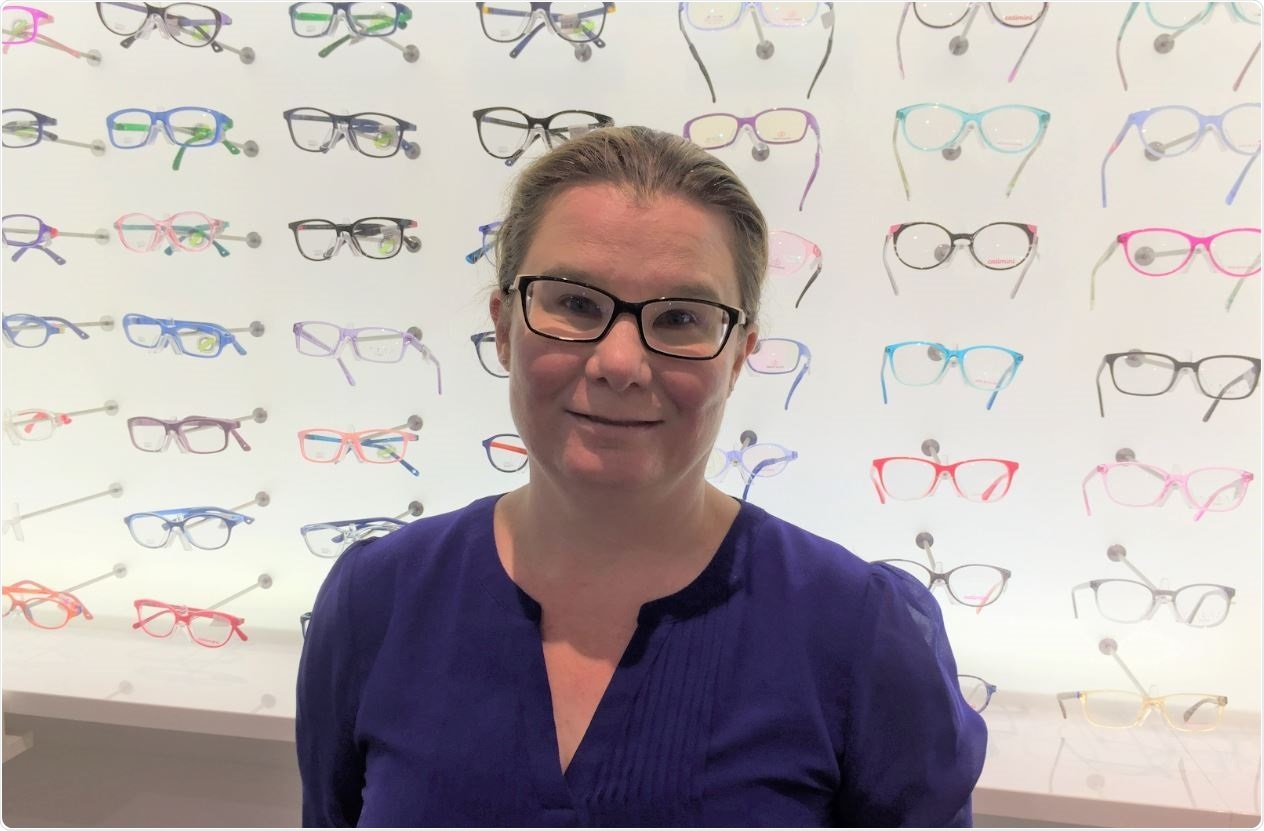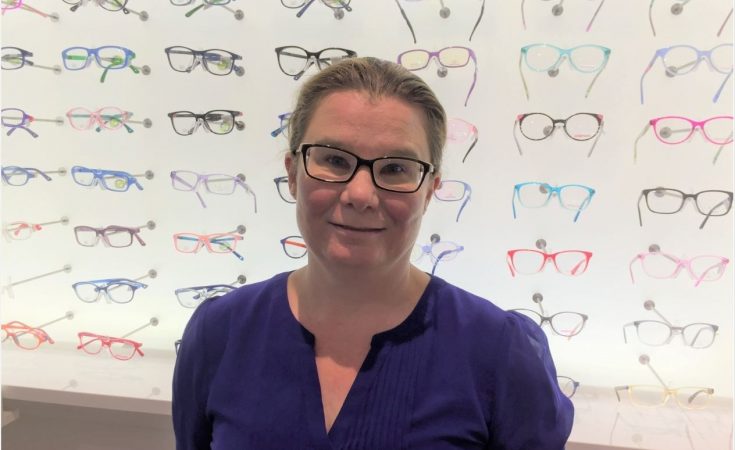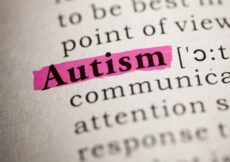Toddler and young children’s mobility and motor skills – and preschool development – are closely aligned with good vision and eye health.

Professor Nicola Anstice at Flinders Health2Go clinic at the Sturt Campus, Bedford Park. Image Credit: Flinders University
Now international experts in vision and neonatal development have found that the presence of astigmatism and abnormal motor function at 2 years of age may be associated with poorer vision at 4.5 years of age. In particular, abnormal motor abilities such as inaccurate tracing, grasping and catching are warning signs, researchers from Ireland, Australia, New Zealand, Hong Kong and Canada claim in a new article in Ophthalmic and Physiological Optics.
“Children who show poorer motor skills at an early age may benefit from comprehensive eye examinations to make sure these children get the best start to life, particularly with regard to reading and learning once they start school,” says senior author Flinders University Professor Nicola Anstice in the new journal article.
“Existing clinical tests for two-year-old children’s vision are not predictive of visual outcomes at 4.5 years, so we recommend the development of more sensitive tests for this,” she says, adding vision issues go undetected in an estimated one in four children.
Mild to moderate vision loss affects many children and can negatively impact a child’s early literacy and academic achievement, says first author Dr Nabin Paudel, from the Centre for Eye Research Ireland, and University of Auckland.
Nevertheless, there is no consensus on which factors present in early childhood indicate the need for long-term ophthalmic follow-up, particularly in children with a history of perinatal adversity.”
Dr Nabin Paudel, First Author, Centre for Eye Research Ireland
Using a longitudinal study of vision and neurodevelopmental milestones of a large cohort of 516 children at risk of perinatal adversity, the researchers observed a direct correlation between poor motor scores at two years of age with a reduced ability to perceive depth (or 3D vision, known as ‘stereopsis’) at 4.5 years old.
This study identified the relationship between visual, cognitive, motor and demographic factors at 2 years of age and visual acuity (VA) and stereoacuity at 4.5 years of age – paving the way for development of a new approach in ophthalmic practice in the future, the paper concludes.
Source:
Journal reference:
Paudel, N., et al. (2022) Relationship between visual and neurodevelopmental measures at 2 years with visual acuity and stereopsis at 4.5 years in children born at risk of neonatal hypoglycaemia. Ophthalmic and Physiological Optics. doi.org/10.1111/opo.12910.


































